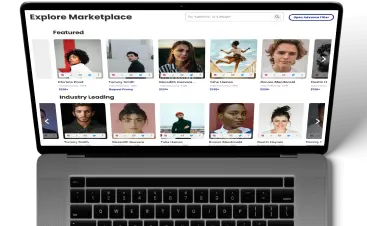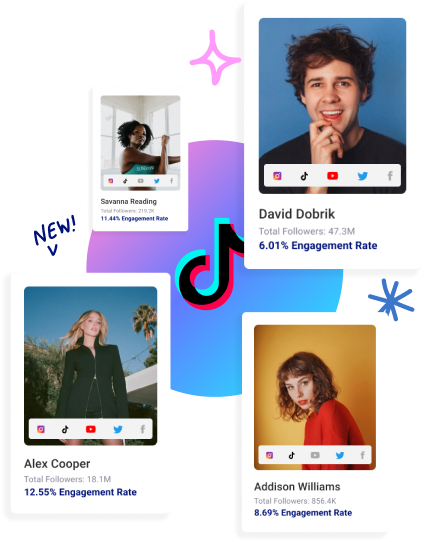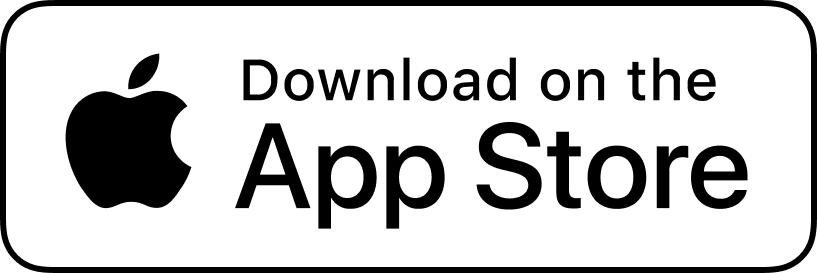In recent years, influencer marketing has become crucial to any successful marketing strategy. But how did we get here? Let’s look at the evolution of influencer marketing platform, from traditional TV commercials to the rise of social media influencers on TikTok.
Evolution of Influencer Marketing: From Past to Present
From the early 1750s to the 1900s, influencer marketing emerged in subtle yet powerful ways. Notable, influential individuals inadvertently promoted brands through their impeccable taste and social standing. This era laid the foundation for future influencer-brand collaborations, setting the stage for the era of mass media.
During the 18th century, pioneers recognized the potential of influential figures in promoting their products. By earning royal approval and leveraging fictional characters, brands pioneered the concept of luxury endorsement and personal brand association, resonating with consumers personally.
The advent of mass media in the 20th century ushered in the era of celebrity endorsements, with brands leveraging the fame and influence of public figures to endorse their products. However, as consumer preferences evolved, traditional celebrity endorsements began to lose efficacy, paving the way for a new breed of influencers.
With the advent of social media platforms in the 21st century, influencer marketing underwent a transformative shift. Ordinary individuals, through their authentic and relatable content, gained immense popularity, attracting devoted followings on platforms like Instagram and YouTube. These influencers, with their genuine authenticity and intimate connection with their audience, became powerful brand advocates, driving significant consumer engagement and trust, a phenomenon that might intrigue you about the power of social media.
Traditional Advertising
Before social media and the internet, traditional advertising was the only way for brands to reach their target audience. TV commercials were a popular way for brands to showcase their products and services on a large scale. Print ads in magazines and newspapers allowed brands to reach a specific demographic of readers interested in their niche. Billboards were also used to grab people’s attention while they were driving or walking around.
Celebrity endorsements were another popular form of traditional advertising. Brands would pay top dollar for celebrities to endorse their products in hopes that their product would be associated with that celebrity’s image and lifestyle. This strategy proved effective, as consumers often admired celebrities and wanted to emulate them.
However, traditional advertising has its flaws. It was often expensive, making it inaccessible for small businesses with limited budgets. Additionally, tracking the effectiveness of traditional advertising campaigns wasn’t always easy.
With the rise of social media influencers, brands have found a new avenue for reaching their target audience in a more cost-effective and targeted way. By partnering with influencers who have already built trust with their audience, brands can tap into an existing community of engaged consumers interested in their niche. This has led to increased ROI and more measurable results for influencer marketing campaigns than traditional advertising methods.
Social Media Influencer Marketing
Social media influencers have become a powerful force in the world of marketing. These individuals have built up large followings on platforms like Instagram and YouTube by creating engaging content and building relationships with their audience. Brands have quickly realized the potential of partnering with these influencers to promote their products.
By leveraging an influencer’s existing audience, brands can reach a highly targeted group of consumers who are already interested in their niche. This can lead to increased brand awareness, higher engagement rates, and more sales.
However, brands need to choose the right influencer to partner with. Authenticity is key in influencer marketing – consumers can quickly spot when an influencer is promoting a product they don’t honestly believe in. Brands should look for influencers who align with their values and genuinely connect to their product or service.
It’s also important for brands to be transparent about sponsored content. The Federal Trade Commission (FTC) requires influencers to disclose when they are paid for sponsored posts. Brands should work closely with influencers to ensure that all sponsored content is clearly labeled as such.
Overall, social media influencers have revolutionized the world of marketing. By partnering with the right influencer, brands can reach a highly engaged audience and drive sales for their products or services.
The Emergence of Influencer Marketing on TikTok
TikTok is a social media platform that has taken the world by storm. With over 1 billion active users worldwide, TikTok has become a hub for short-form video content that is entertaining and informative. The platform allows users to create and share videos up to 60 seconds long, with features like filters, effects, and soundtracks.
Brands have noticed TikTok’s popularity and are now partnering with influencers on the platform to create sponsored content that resonates with their target audience. From dance challenges to product reviews, TikTok influencers are using their creativity to showcase brands in an authentic and engaging way.
One of the reasons why TikTok has become such a popular platform for influencer marketing is its algorithm. Unlike other social media platforms where users see content from people they follow, TikTok’s algorithm shows users content based on their interests and behaviors. This means that even if someone doesn’t follow an influencer, they may still see their content if it aligns with their interests.
TikTok also allows for easy collaboration between influencers and brands. Brands can provide influencers with products or services to feature in their videos, and in return, the influencer creates sponsored content that creatively showcases the brand. This type of collaboration can increase brand awareness and engagement among young audiences who are highly active on the platform.
In conclusion, TikTok has become a powerful platform for influencer marketing due to its massive user base and unique algorithm. Brands that partner with influencers on TikTok can reach highly engaged audiences through creative sponsored content that feels authentic and relevant.
Understanding The Current State of Influencer Marketing
The pandemic ushered in a transformative shift in brand perception toward influencers. As mega to micro-influencers gained prominence, influencer marketing transcended its association with celebrities to become a relatable and authentic household activity. The emergence of micro and nano influencers further diversified the influencer landscape, catering to niche audiences with tailored content. There is a strong preference for working with small (nano – 44% and micro – 26%) influencers ahead of expensive macro-influencers (17%) and celebrities (13%).
The role of social media platforms in supporting influencers cannot be overstated. Initiatives like the YouTube Shorts Fund and Instagram Reels Play Bonus have incentivized creators to produce engaging content, fueling the exponential growth of the influencer marketing industry.
As we examine the current landscape of influencer marketing, it’s crucial to draw insights from recent data and trends. Influencer marketing remains a powerhouse strategy, with 63% of marketers planning to increase their marketing budgets in 2022 and 29% to an estimated $21.1 billion in 2023. Influencer Marketing’s Hub predicts the market size to reach an estimated $24 billion by the end of 2024, indicating strong ongoing growth momentum in influencer marketing despite challenging economic conditions.
Influencer marketing continues to evolve and is driven by emerging platforms. Brands that adapt to these changes and embrace the power of influencer collaborations stand poised to thrive in an ever-changing digital landscape. As we navigate the currents of influencer marketing, staying attuned to industry trends and insights will be paramount in crafting impactful and resonant campaigns that drive results and foster lasting brand-consumer relationships.
The Future of Influencer Marketing
The world of influencer marketing is constantly evolving as technology advances. Some brands already use virtual and augmented reality to create immersive consumer experiences. These technologies allow influencers to showcase products uniquely that go beyond traditional advertising methods.
In addition, the rise of voice assistants like Alexa and Google Home may increase audio-based influencer marketing campaigns. Brands can partner with influencers with a strong presence on these platforms to promote their products through voice commands.
Despite these changes, one thing is sure—influencer marketing isn’t going anywhere anytime soon. As long as people trust the opinions of others more than traditional advertising, there will be a need for influencers who can authentically promote products they believe in.
However, brands must stay up-to-date with the latest trends and technologies to effectively reach their target audience. By partnering with influencers with a strong presence on emerging platforms, brands can stay ahead of the curve and reach new audiences innovatively.
The Influencer Marketing Industry is set to grow to approximately $24 Billion by the end of 2024.










